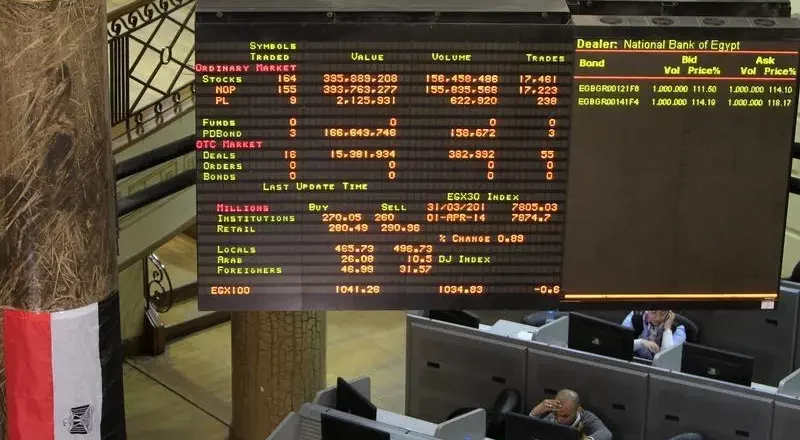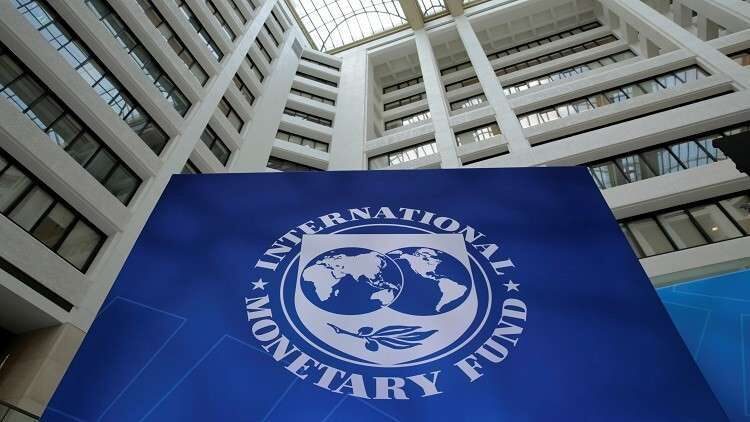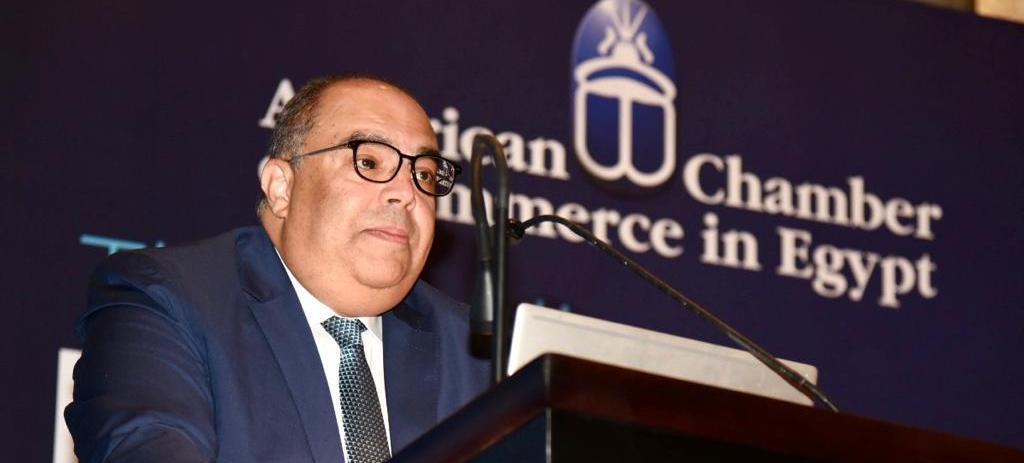Egypt is set to embark on its initial public offering (IPO) program in March, a decision that experts described as positive for the economy in general, yet came amid tough economic challenges and fluctuating stock markets.
IMF deal
Under the 46-month deal with the International Monetary Fund (IMF), which came into effect in late December, Egypt’s government pledged to slow down the implementation of public investment projects, including national projects in order to ease pressures on the foreign exchange market and curb inflation.
Moreover, Egypt’s government also vowed to boost the role of the private sector in economic activity and increase public-private partnerships to strengthen the business climate and support export-driven, private-sector-led growth. These commitments are expected to help the government cover its financing gap, which is forecast to reach $17 billion by the program’s end in four years.
That said, Egypt promised the IMF to mobilize such an amount through two key sources; the sales of the state-owned assets, with a total of $8.6 billion, and securing fresh loans from the World Bank ($2.6 billion), African Infrastructure Investment Bank ($400 million), the African Development Bank ($300 million), China Development Bank ($1 billion), Arab Monetary Fund (600 million).
Positive action, yet to be assessed
“We think that such a sale would be a positive development for Egypt’s economy and it is likely that the willingness to move so quickly with the IMF program is a recognition from the Egyptian government that urgent action is needed to mitigate the impact of a sustained liquidity crisis,” Jack A. Kennedy, associate director and head of country risk desk for Middle East and North Africa at Standard and Poor’s (S&P) Global Market Intelligence, told Business Monthly.
Kennedy said that additional Gulf support is probably based on the government moving ahead with the state-owned asset sales, but there still needs to be more transparency around which of these will be represented by sales to strategic investors or listings on the Egyptian exchange.
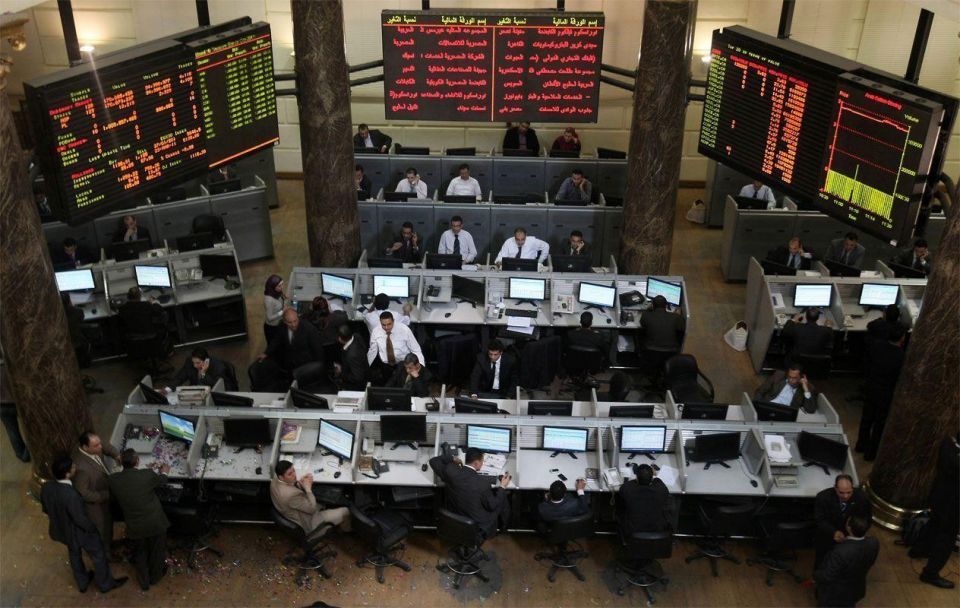
32 state-owned companies to IPO
In February, Prime Minister Mostafa Madbouly unveiled a list comprising 32 state-owned companies to be offered as investment opportunities for local and foreign investors under the IPO program.
The companies are operating in 18 economic activities in the fields of banking, oil, fintech, housing, cement, chemicals, maritime, hotels, and medical supplies.
“Strategic investors are more likely to favor majority stakes so clarifying the percentages on offer is going to be a key indicator in measuring how successful the process will be,” Kennedy explained to Business Monthly.
On the other hand, Kennedy said that the government, so far, has only announced the sale of two directly-owned military companies, both of which have been in discussion for privatization for several years.
“The exact scale of this is yet to be seen but IMF support is likely to be in part contingent on the (state’s) willingness to disengage from certain sectors of the economy that are deemed less strategic. Improving overall efficiency and management of the private sector, as well as the productivity of industrial sectors, would be necessary to encourage greater foreign direct investment into Egypt and ultimately improve Egypt’s liquidity issues and contribute towards stabilizing the currency,” Kennedy said.
In this respect, Kennedy cited S&P Global’s Purchasing Manager’s Index (PMI) data for Egypt which shows that the Egyptian private sector economy registered negative growth in January 2023 for the 26th consecutive month – with rapidly increasing inflation a major contributing factor.
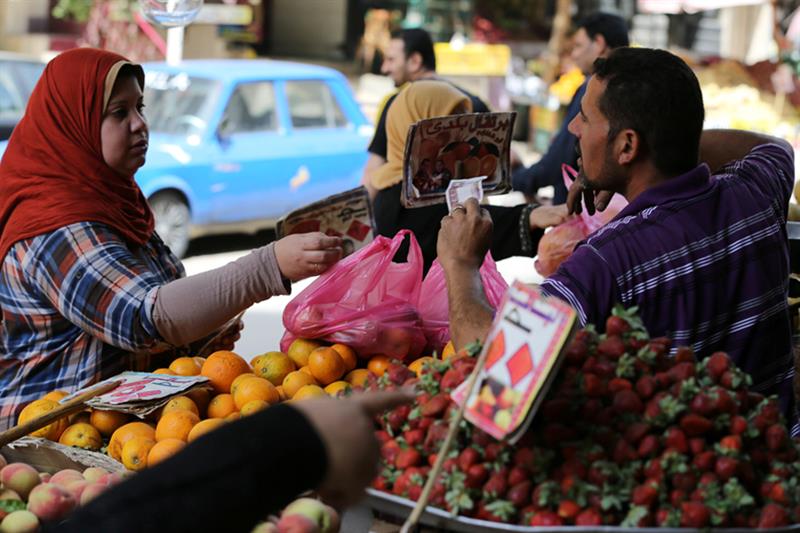
Egypt’s soaring inflation
Egypt’s inflation kept its upturn in January reaching a record level seen in almost five years.
Egypt’s annual headline inflation jumped to 26.5% in January, up from 8% in January 2022 and 21.6% in December 2022, according to the latest readings published by the Central Agency for Public Mobilisation and Statistics (CAPMAS) during February.
The government plans to secure $2.5 billion from selling some of the state-owned companies’ sales by the end of the current fiscal year 2022/23 through The Sovereign Fund of Egypt’s (TSFE) pre-IPO fund, which was created to prepare state-owned companies for listing.
Some challenges ahead
CEO of Alraya Consulting, Hany Abou-El-Fotouh, perceives the anticipated sale as positive, yet with some reservations.
“Using the yields of the state-owned assets sales to bridge the $17 financing gap will deprive the economy of these proceeds, as these yields will be used to bridge this gap not to provide finance for other sectors that could help them to navigate the ongoing challenges,” according to Abou-El-Fotouh.
In addition, applying this approach will place extra pressure on the exchange rate in the local market, Abou-El-Fotouh added.
The state will also have to provide foreign investors with their shares and profits in hard currency, regarding state assets that will be assigned to strategic investors.
“This could also force the decision maker to use the foreign reserves which have been suffering because of the cascading global crises,” Abou-El-Fotouh illustrated.
Egypt’s net international reserves (NIRs) have been negatively affected by the COVID-19 pandemic and recently by the repercussions of the Russian-Ukrainian conflict.
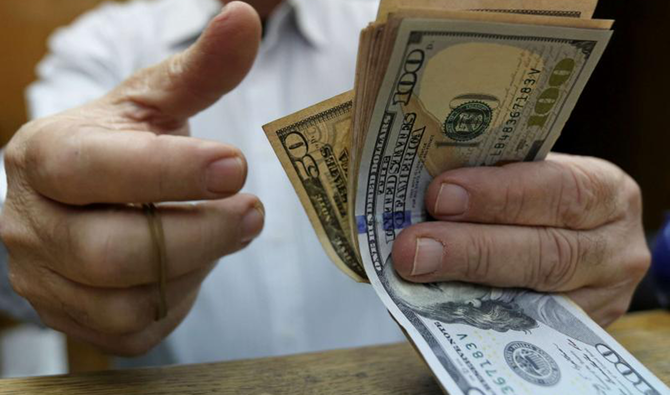
Net International Reserves
Down from $45 billion, Egypt’s Net International Reserves (NIRs) dropped significantly due to the COVID-19 pandemic in 2020, before bouncing back to over $40 billion in February 2022. NIRs was hit once again by the war in Ukraine to stand currently at slightly over $34 billion.
“Selling the state-owned assets is one solution among others for Egypt to get out of the woods. Yet, the government should explore other supporting solutions and engage experts with out-of-the-box visions. The government should not take these sales as inevitable ones,” Abou-El-Fotouh asserted.
Three banks to be floated
Abou-El-Fotouh claimed that the three government banks to go public, Banque du Caire; the Commercial International Bank; and the Arab African International Bank, could not be floated on the EGX only.
This is because strategic investors, with broad banking experiences, are key players in similar investments to ensure the sustainability of these banks’ development. The same goes for hotels and companies with specialized nature, according to Abo El-Fotouh, who has over 30 years of banking experience.
In February, Minister of Planning and Economic Development, Hala El-Said, started to tour countries across the Gulf Cooperation Council to promote Egypt’s investment opportunities; including companies that the government plans to sell. Moreover, President Abdel Fattah El-Sisi and a few of the government’s ministers are currently promoting Egypt’s investment opportunities during the World Government Summit held in Dubai.

